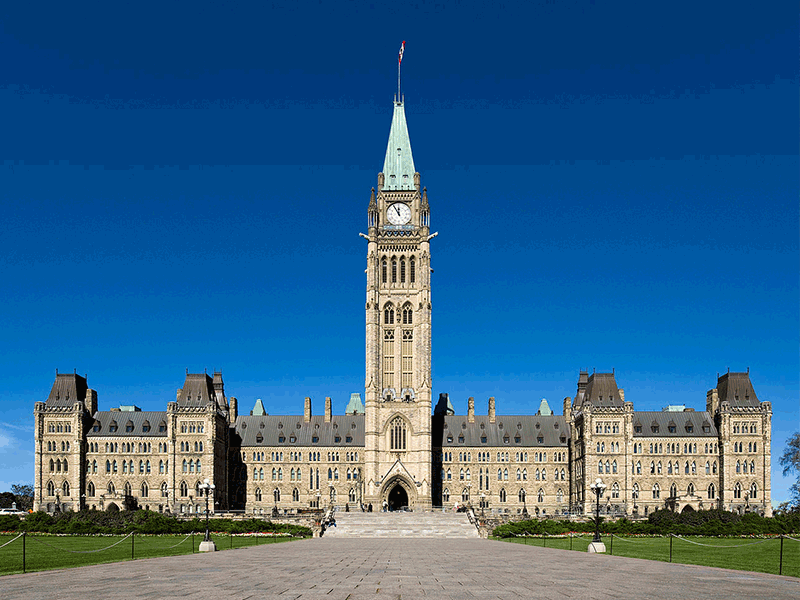Memorials, monuments and government apologies for historical wrongs are meaningful and important, but if given a choice, I have always preferred seeing policies implemented that protect and benefit law-abiding citizens going forward.
Parliament did just that in March 2012 by passing into law the Justice for Victims of Terrorism Act (JVTA), thus enabling victims of terrorism to file civil lawsuits against local and state sponsors and perpetrators of terror. The bill represented a co-operative effort between the executive, under Stephen Harper’s government; the legislature, with Sen. David Tkachuk originally introducing and spearheading the project as a private member’s bill; and the Canadian Coalition Against Terror (C-CAT) as the primary stakeholder that conceived of and lobbied for the legislation. (Full disclosure: I previously worked for C-CAT as a senior adviser and lobbyist.)
READ: STANDING UP FOR IRANIAN WOMEN
Shortly after the JVTA’s passage, a group of terror victims sought to enforce their foreign judgments against Iran in Canada. The lower courts sided with the victims, and the Supreme Court of Canada (SCC) has just rejected Iran’s application to be heard in that court. In doing so, the SCC has upheld the Ontario Court of Appeal decision confirming Iran’s liability in the deaths or injuries of multiple individuals in various terrorist attacks since 1985. Tehran’s myriad arguments against the validity of the JVTA and its own culpability in sponsoring terrorism have been decisively rejected.
The Islamic Republic has no further option before the courts, and is now officially on the hook for almost $2 billion. Whether the successful plaintiffs will be able to collect this entire amount is a different matter. In 2013, Ottawa released a list of Tehran’s assets in Canada, including real estate properties and bank accounts. The listed non-diplomatic assets are worth several million dollars. A deeper search should now be conducted of additional assets in this country, hidden behind front companies and individuals not obviously connected to the regime.
Even if the full amounts of these judgments are never collected, the legislation still accomplishes important objectives. Lawsuits against terrorists and their funders take the fight out of the battlefield and into the courtroom, peacefully doing damage to those who wish us grave harm. Successful judgments encumber the terror economy in order to save innocent lives, turning on its head the following ideas expressed by Mohammad Momin Khawaja, a Canadian convicted of terrorism offences in 2008:
“We know that the only way the Kuffar support their wars are with their economies. So we have to come up with a way that we can drain their economy of all its resources, cripple their industries and bankrupt their systems in place…. We need constant economic (jihad), blow after blow, until they cripple and fall, never to rise again…. What did Sept. 11 do to America? … Would you not say that the actions of 19 men on Sept. 11 are the most accurate, effective and honourable way of conducting economic (jihad)? Imagine if there were 10 Sept. 11’s, wouldn’t that accurately bring America down, never to rise again? Yes, I understand that innocent human beings died, but there is absolutely no other way of achieving the same objective with the same effect.”
Lawsuits provide other benefits. Whereas victims play at best a peripheral role in criminal proceedings, which are brought by the state, they have power and choice in the civil process – whether to initiate a case or settle, and which lawyers to retain. Moreover, the civil process demands a lower standard of proof to find a wrongdoer accountable, meaning that it will be easier to obtain an official court finding of liability for a terror sponsor. This is a critical ingredient for allowing victims or their surviving family members to feel a sense of justice being done.
Parliament should feel proud about the JVTA’s efficacy and develop other legislative means to help prevent its citizens from becoming victims of terrorism.






